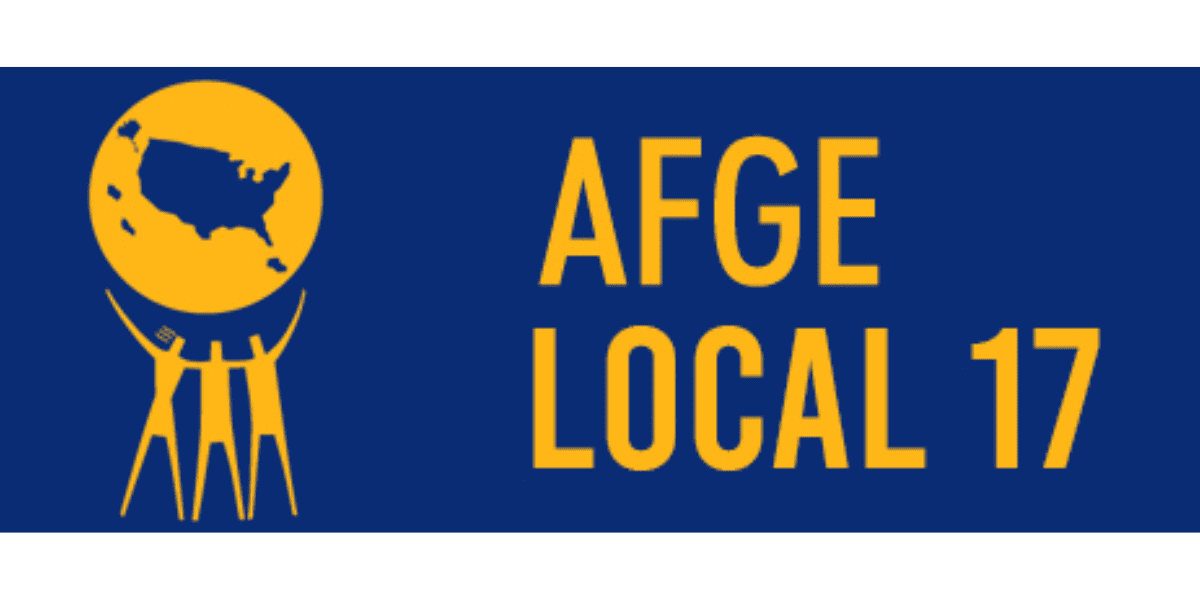The Department of Justice (DOJ) and the Department of Health and Human Services (HHS) published new guidance in August which recognizes “Long COVID” as a disability under the Rehabilitation Act (Section 504); the Americans with Disabilities Act (ADA); and the Patient Protection and Affordable Care Act (Section 1557).
What is “Long COVID”?
The guidance comes after the 31st anniversary of the ADA being signed into law and following the recognition that many people continue to experience symptoms that last months and perhaps even years after they were first infected by COVID-19. Symptoms of Long COVID include fatigue, difficulty thinking or concentrating, shortness of breath, headaches, dizziness, elevated heart rate, chest pain, cough, join or muscle pain, depression, anxiety, fever, and the loss of taste or smell.
Long COVID as a Disability
The ADA and Section 504 of the Rehab Act define a disability as a physical or mental impairment that limits one or more major life activities. These activities can range from basic functions such as eating, sleeping, or standing to broader areas of life activity such as caring for one’s wellbeing and performing manual tasks.
Accordingly, if an individual is substantially limited in one or more of life’s major activities due to Long COVID, that condition can be considered a disability. Section 504 prohibits recipients of federal financial assistance from discriminating against individuals with disabilities in their employment, programs, or activities. This category includes employees of Federal agencies.
Title I of the ADA prohibits private employers, state and local governments, employment agencies, and labor unions from discriminating against qualified individuals with disabilities.
Seeking Reasonable Accommodation for Long COVID
Individuals with Long COVID can seek reasonable accommodation on the basis of disability either through the Rehab Act or the ADA, depending on the category of their employer. Examples of reasonable accommodation include providing additional time to complete assignments for employees who have difficulty concentrating, providing an ergonomic working environment for employees whose joint or muscle pain prevents them from standing or sitting for long periods of time, or allowing persons who experiences dizziness when standing to be accompanied by their service animal who is trained to stabilize them.
Employees who believe they have Long COVID need to submit a request for reasonable accommodation to their employer. Employers can ask employees to provide limited medical documentation to show that they are covered under the Rehab Act or the ADA, or ask questions to help clarify why they need an accommodation or to explore alternative accommodations. However, this entitlement applies only to information that is related to the disability. An employer cannot ask an employee requesting accommodation for any documentation unrelated to that request, such as other medical conditions or a complete medical history.
It should be kept in mind that Long COVID is not always considered a disability. The Centers for Disease Control (CDC) is currently monitoring the situation and individualized assessments are needed to determine whether a person’s Long COVID condition or any of its symptoms substantially limits a major life activity.
It is important that all Federal employees know their rights when it comes to disability accommodation and how Long COVID could impact their careers. If an employee believes that their employer has unreasonably denied accommodation for Long COVID, under the Rehab Act or the ADA, he or she may file a charge of discrimination through the internal agency process and, eventually, with the Equal Employment Opportunity Commission (EEOC).





